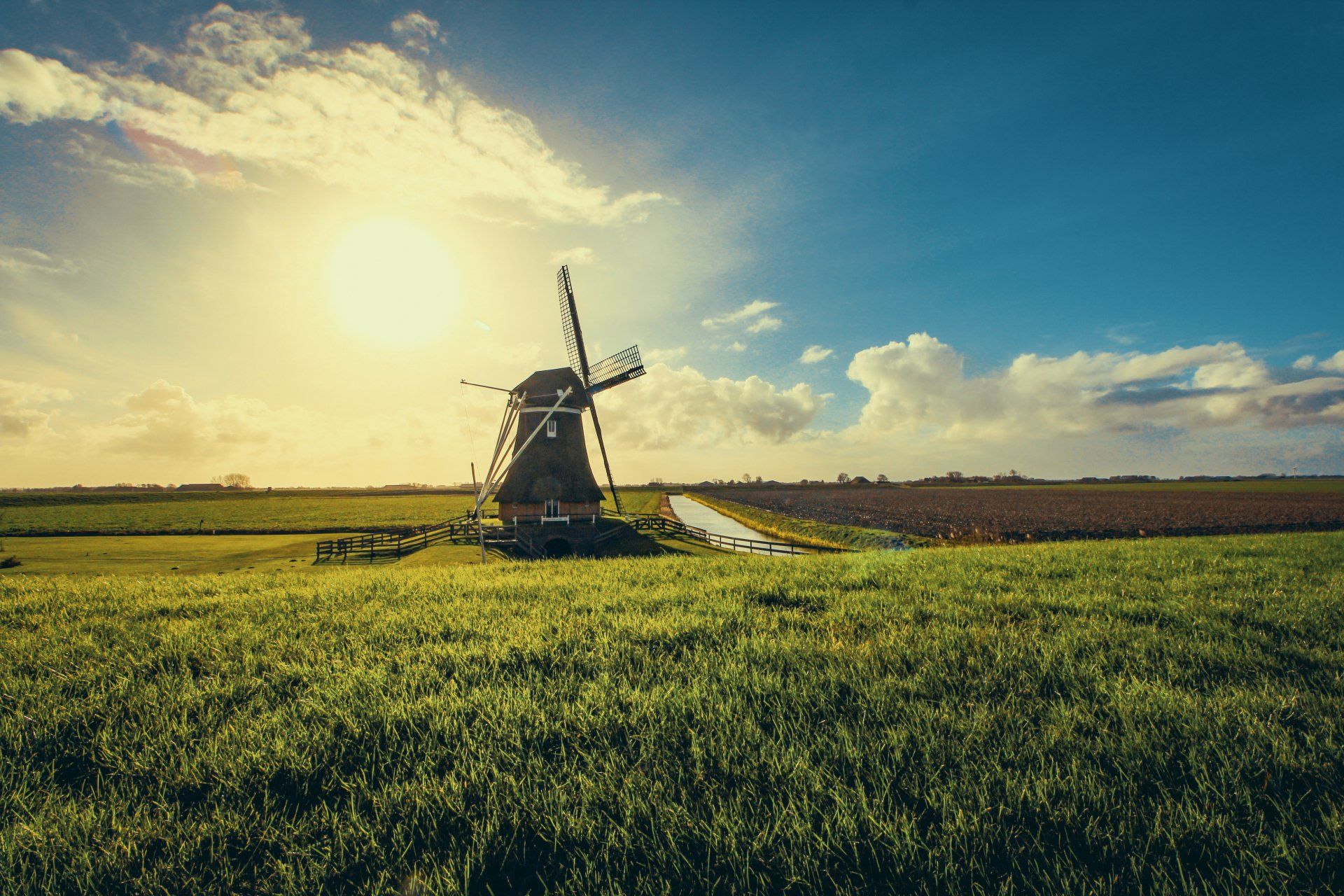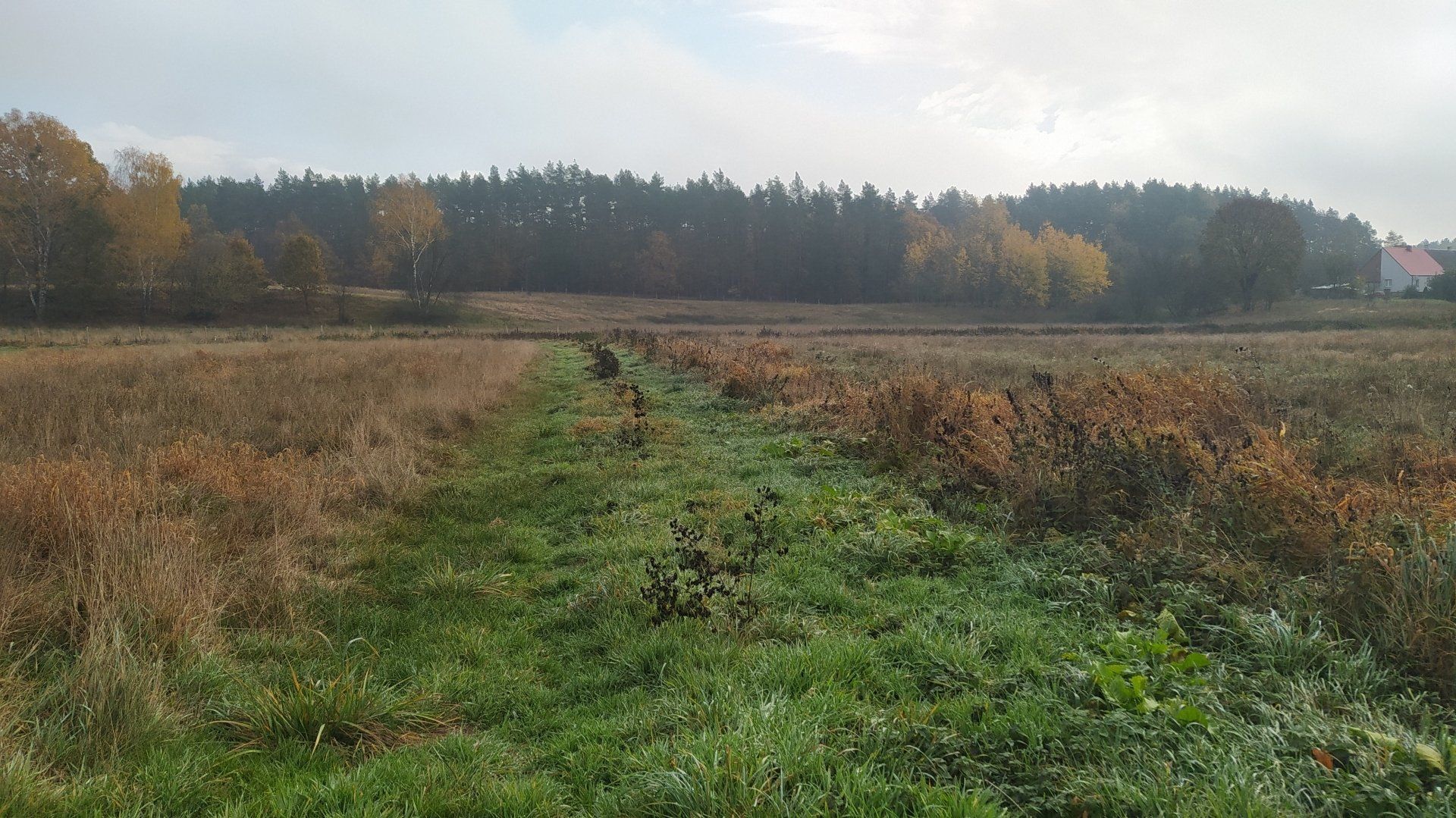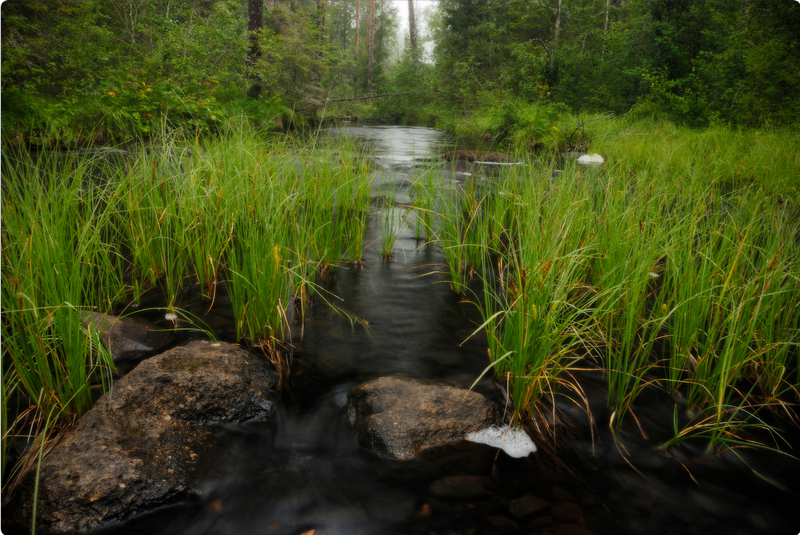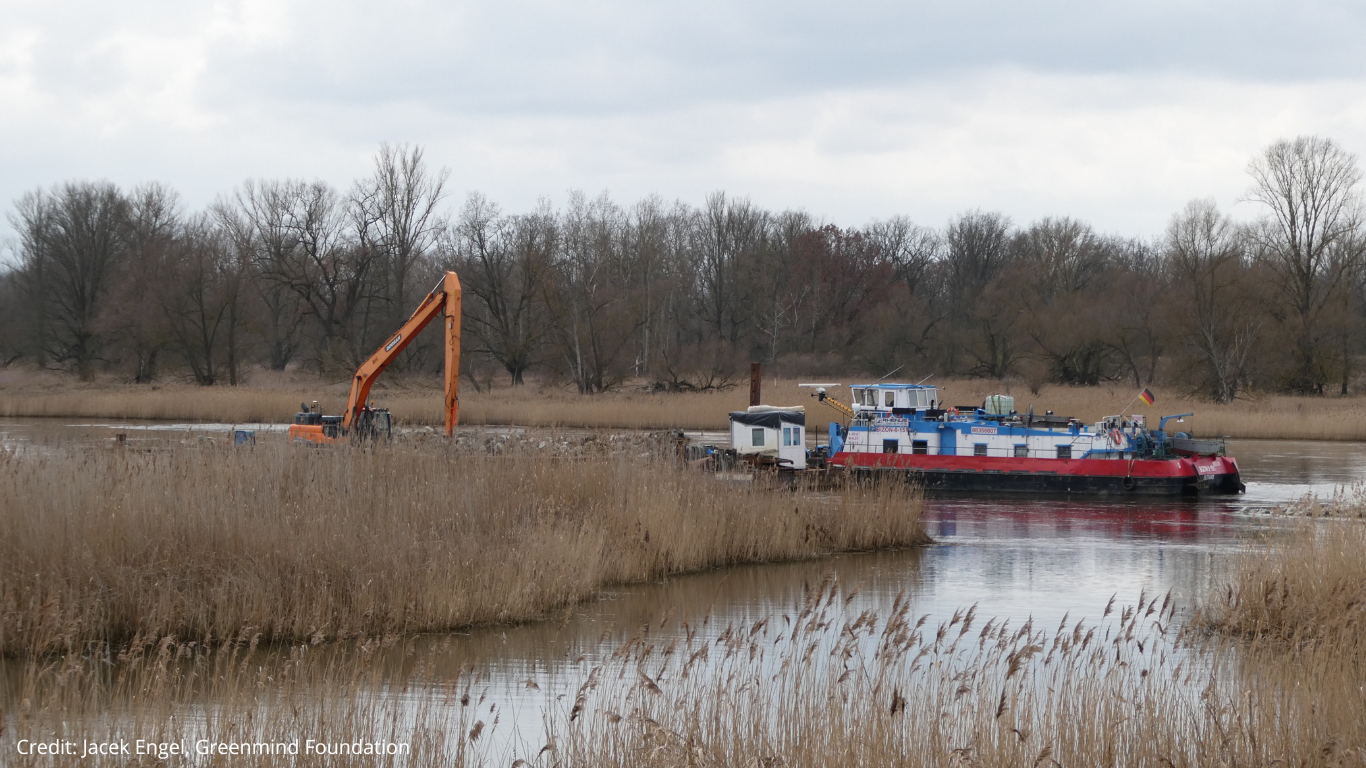Eutrophication

CCB focused on targeted engaging and building awareness of actors and stakeholders at all levels, that are relevant for reducing nutrient inputs, including those in agriculture and water management sectors. It was done through sharing best practices and knowledge, i.a. on water saving and application of agri-environmental measures, advocacy for regional implementation of EU Circular Economy package and revised HELCOM BSAP including Baltic Sea Regional Nutrient Recycling Strategy, comprising of:
- Greener Agriculture for a Sustainable Sea (GRASS) 2022, consisting of:
- an Annual Conference on The Future of Agriculture in Poland and Europe, online on May 11-12, 2022
- Lviv Organic & Natural Fair 2022 on 27-28 August 2022, focused on food security and safety
- Conference on Swamps and wetlands in the Baltic Sea Basin on 27-28 October 2022
- Events contributing to and supporting the Baltic Sea Farmer of the Year Award.
- Educational component, through a compilation of materials for practictioners of conventional and industrial agriculture.
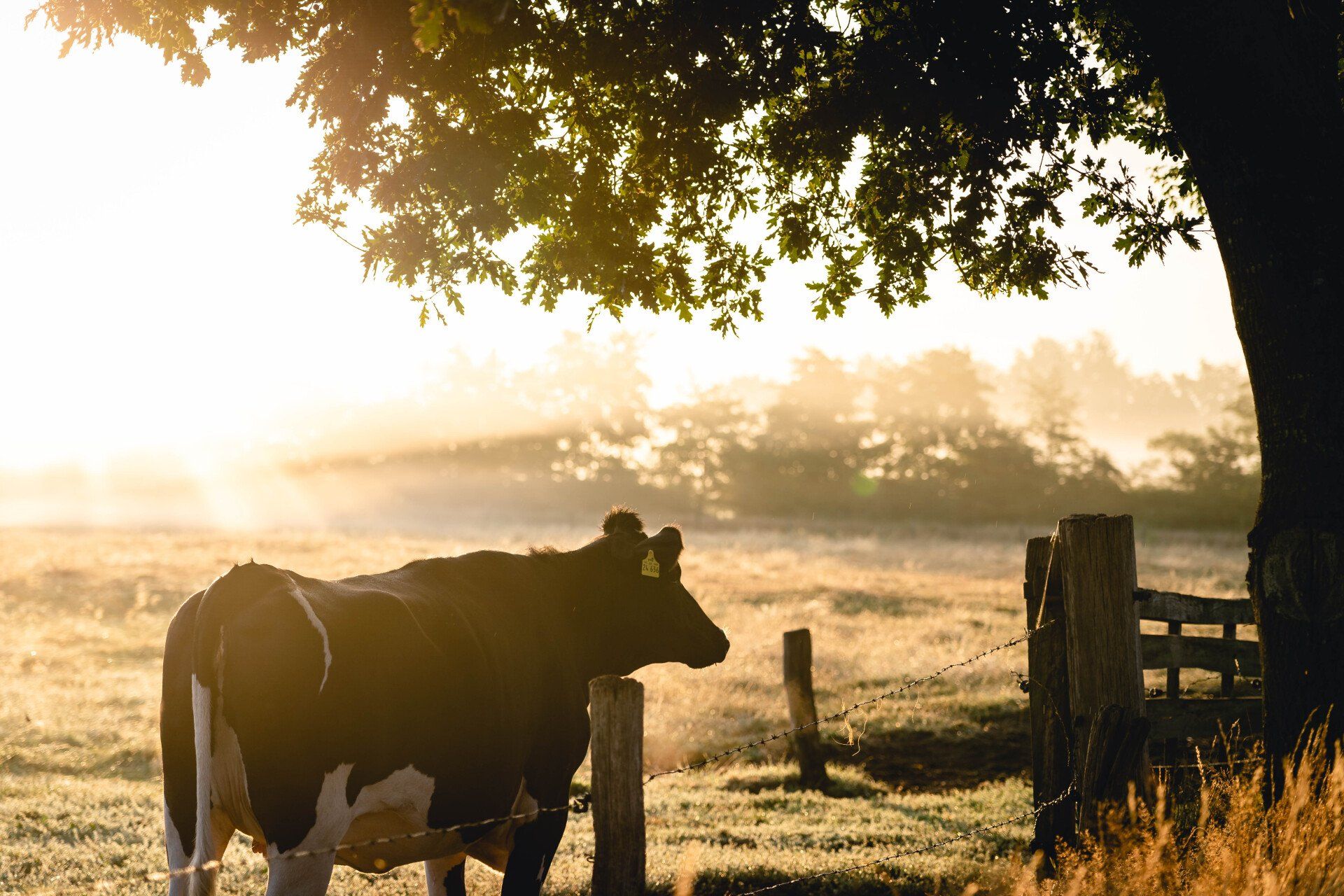
CCB was planning to launch in 2022 a pilot project on reducing nutrient load into the Baltic Sea through developing solutions for manure storages for small farming. A small animal pilot farm, where a model system of manure management should be developed, was planned in Russian part of Baltic Sea catchment.
After the war in Ukraine started, the work in this part of basin became impossible and CCB is seeking options to replace it with an animal farm in Ukraine.
A draft report is under preparation on implementation of BAT/BEP to reduce ammonia and greenhouse gas emissions from livestock housing, manure storage and spreading in the Baltic Sea region.
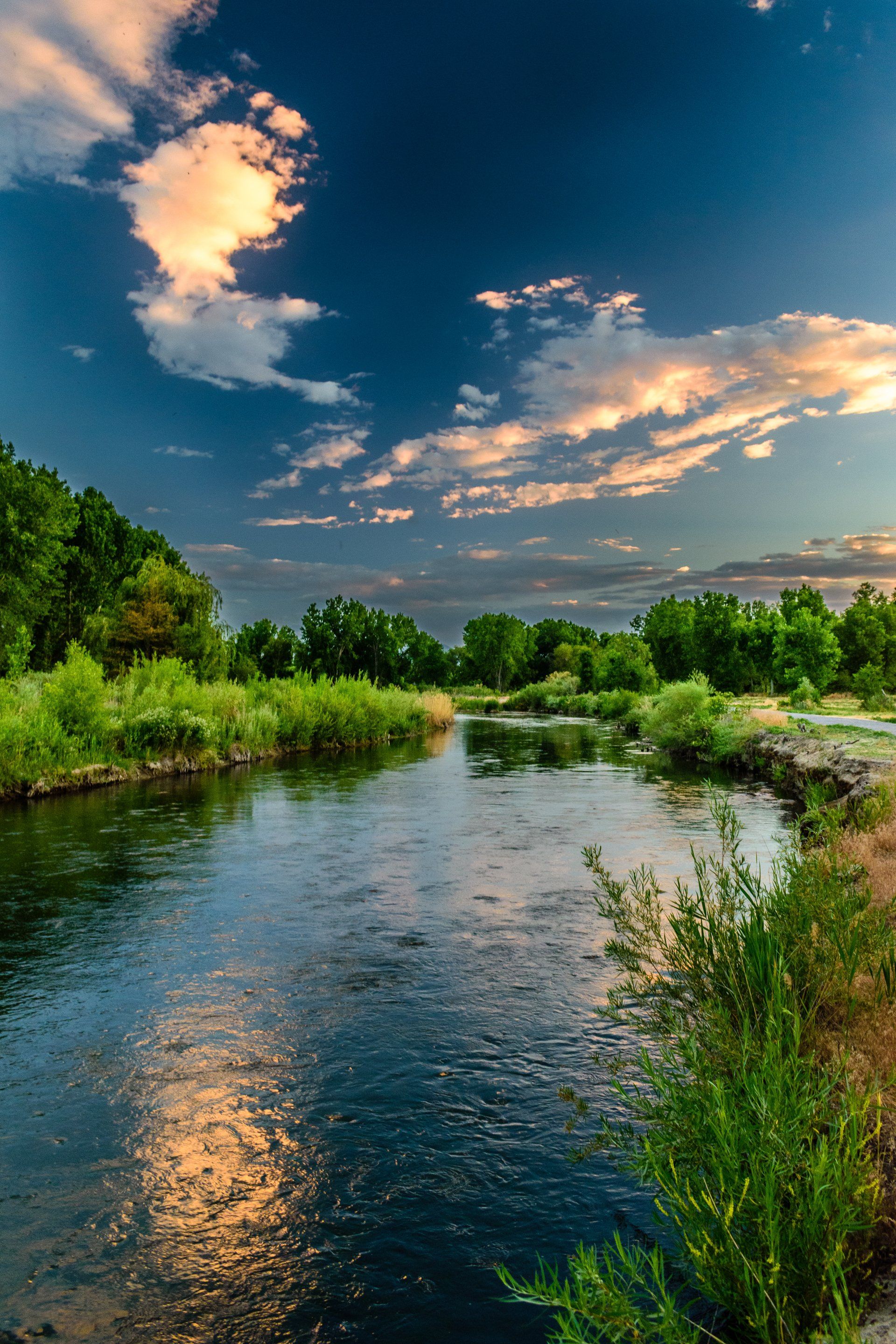
In 2022 CCB has started developing a report aiming to make an assessment of the current water management situation in selected BSR countries and to describe the status of natural retention in the BSR, how efficient is water management planning and what action areas are particularly needed.
Once completed, and released in 2023, it will address the essence of restoration of natural retention as a remedy for current water management problems.
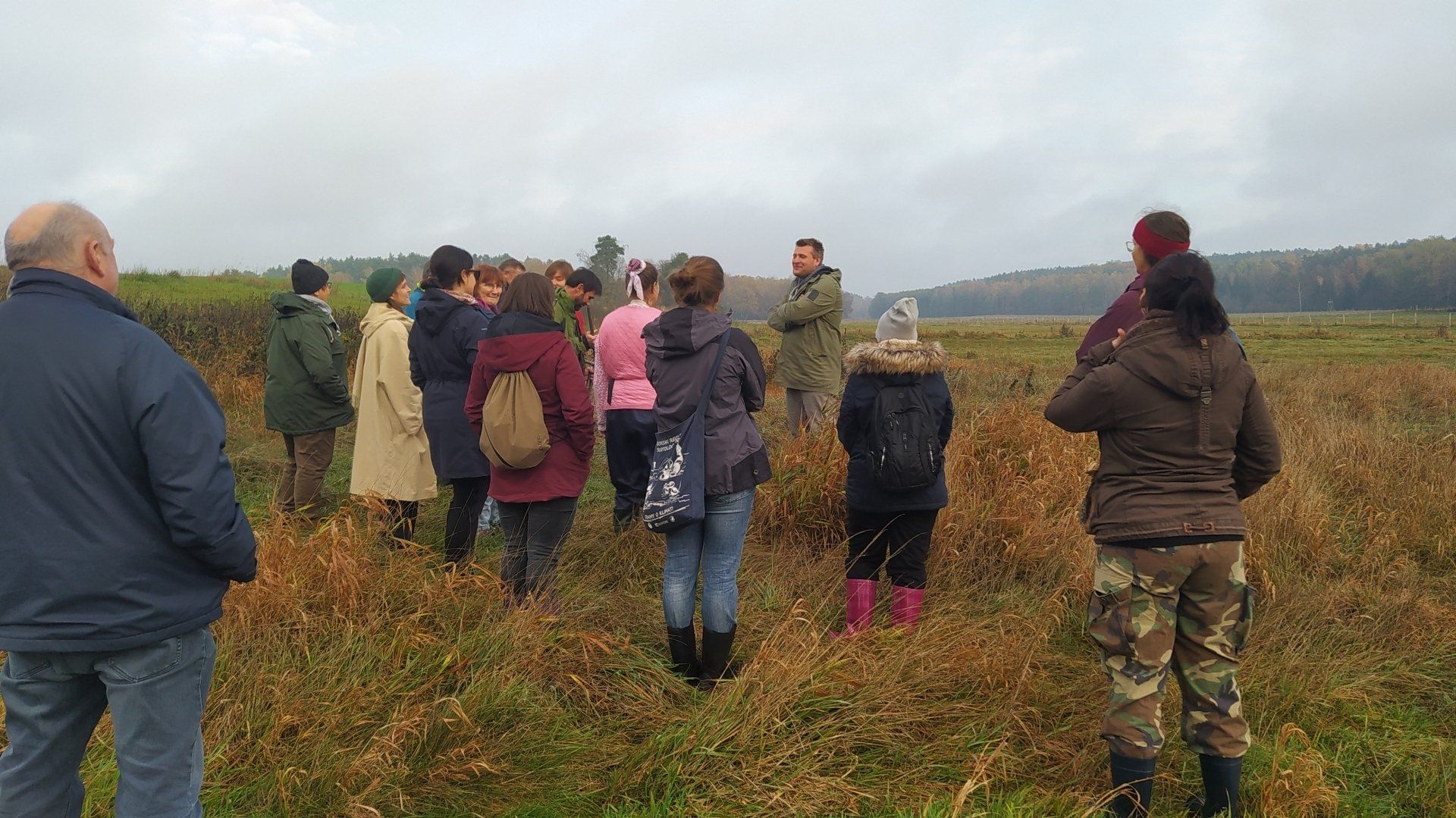
In 2022 CCB has started working on comparing national regulations for buffer zones and wetlands as extremely important measures to trap nutrient and carbon dioxide, limit the scale of floods, mitigate the effects of droughts and enhance local biodiversity.
It has result in development of information materials for farmers and agricultural students to support sharing good practices and strengthening regional and national application of measures to protect wetlands to mitigate nutrient inputs and climate change impacts.
To take stock of the situation concerning use of buffer zones in the Baltic Sea countries an investigation was undertaken in 2022 based on a questionnaire which was distributed among CCB MOs. Eight MOs, representing seven Baltic Sea countries, submitted input to the buffer zone study.
In 2023 this will support a joint CCB Buffer Zone Campaign around the Baltic Sea to draw attention to different practices regarding buffer zones in the CCB MOs countries and give us the opportunity to push for compulsory use of buffer zones in forests as well as in farmlands around the Baltic Sea.
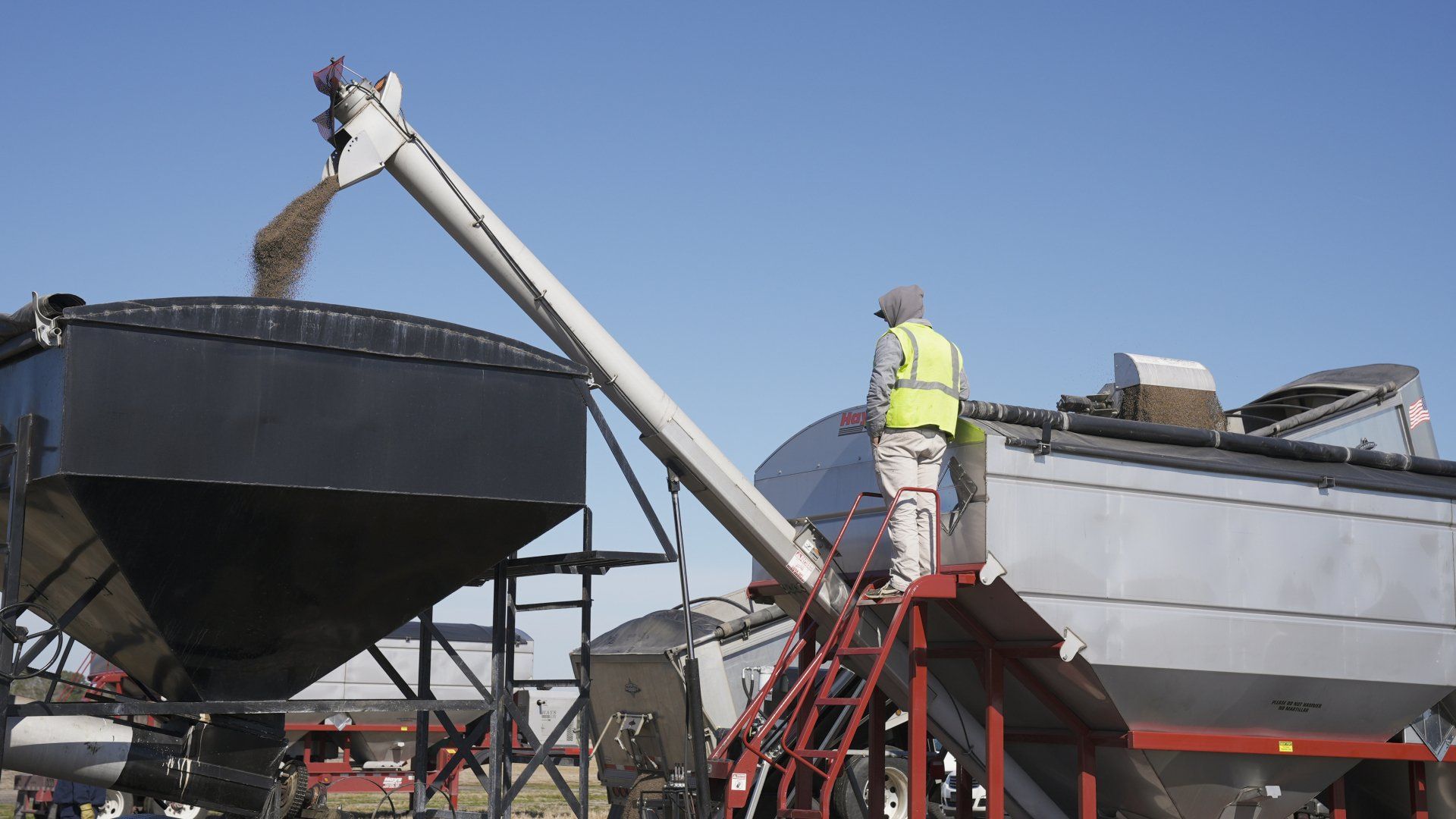
Following the work from 2020-2021, CCB together with John Nurminen Foundation arranged an informal consultation workshop on phosphogypsum waste site management on 17 October 2022 in Uppsala and online, targeting companies managing such waste sites in the BSR countries, water management and environmental permitting authorities of the Baltic Sea countries, representatives of HELCOM Contracting Parties, and HELCOM Observers and nongovernmental organizations working with water protection related to phosphogypsum.
Moroever, CCB, Race for the Baltic and John Nurminen Foundation jointly submitted an outline for drafting BAP/BET to minimize nutrient losses from dry bulk fertilizer storage and handling in ports in the Baltic Sea to IC MARITIME 1-2022 and IC PRESSURE 3-2022.
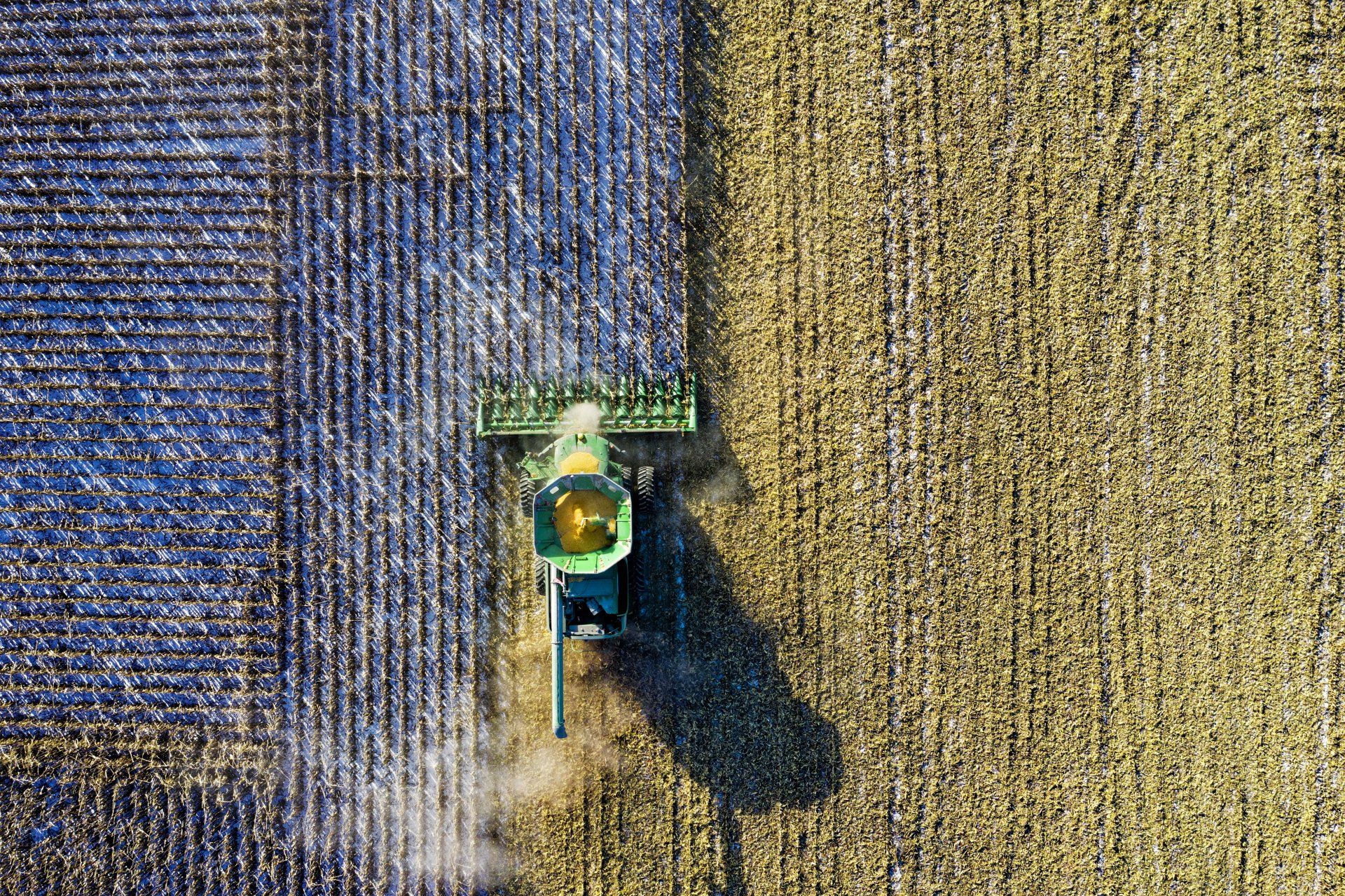
In 2022 CCB started undertaking analysis of the revised Baltic Sea Action Plan and HELCOM Annex 3 part 2 on how water protection measures in agriculture, especially buffer zones, will contribute to achieving GES (Good Environmental Status) of Baltic rivers and the Baltic Sea under the Water Framework Directive (WFD) and the Marine Strategy Framework Directive (MSFD).
In 2022, CCB launched compilation of a comparison study on buffer zone requirements in Baltic Sea region countries and as a second step, in 2023-2024, will be performed a more comprehensive analysis of the revised BSAP, Baltic Sea Regional Nutrient Recycling Strategy and HELCOM Annex 3 part 2 with regards to surface and groundwater protection from agriculture, delivering inputs to both BSAP, WFD, ND and MSFD implementation processes.

CCB’s experts continued actively taking part in the Water Working Group of the European Environmental Bureau (EEB) promoting at the European level the BSR work on water issues.
In 2022, CCB formulated a proposal for a revised Urban Wastewater Treatment Directive, took part in the consultations of the EU Nutrient Action Plan for Better Management and in the public consultations on the update of the lists of surface and groundwater pollutants under the Water Framework Directive.
Also CCB continuously supported the EEB efforts in development of the Nature Restoration Law, including the submissions of the Letter to EC expressing NGOs support of the NRL and asking for it not to be delayed.
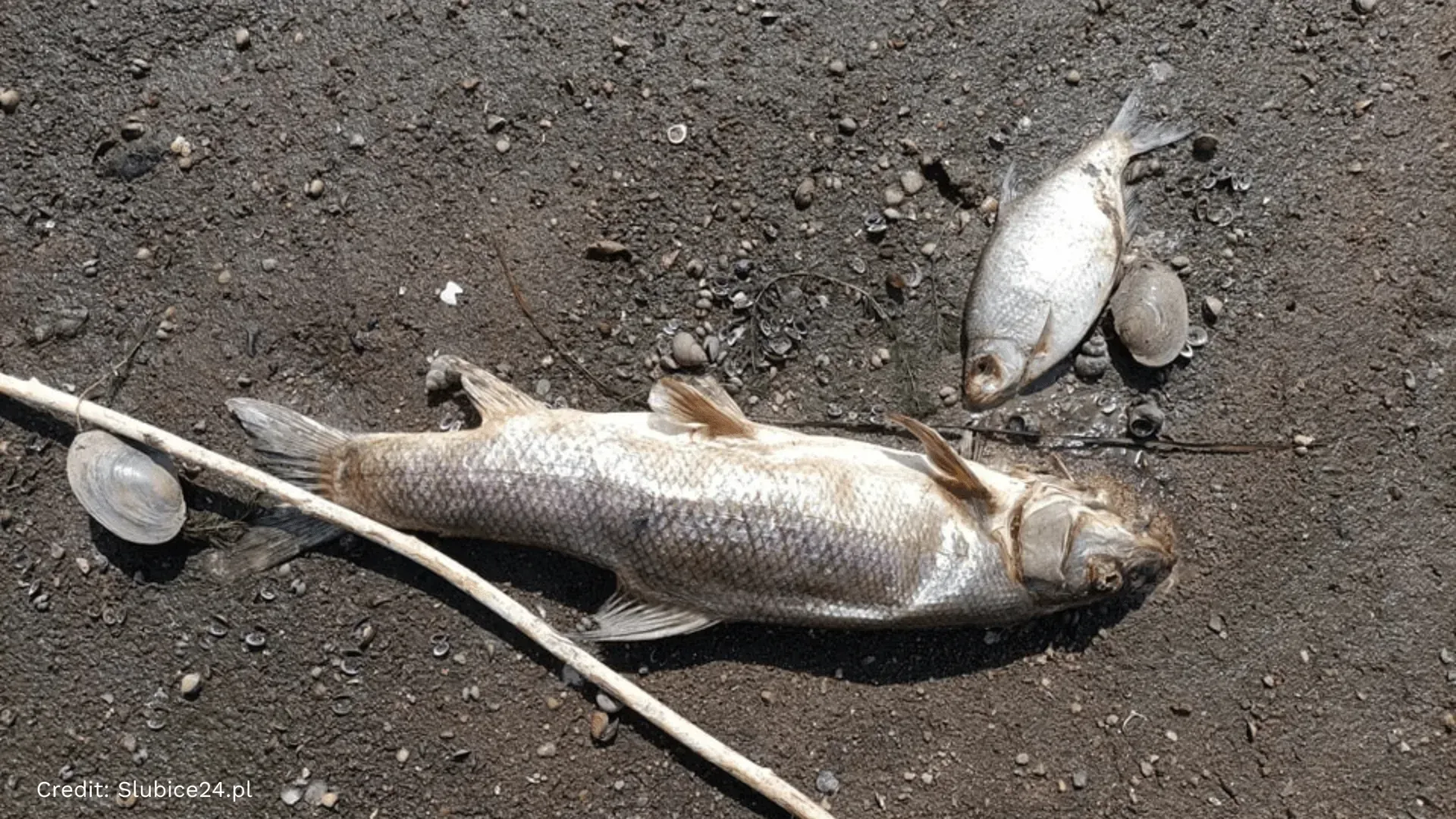
In August 2022, CCB expressed concerns and sent a letter to HELCOM and ICPO regarding severe pollution incident spreading along the Odra river.
CCB is a party in the administrative proceedings on this environmental damage led by the Polish Regional Directorate of Environmental Protection in Wrocław.
During the European River Summit, held in Brussels on 29 September-1 Oct 2022, the case and the activities carried out to protect the Oder river were presented and discussed.
